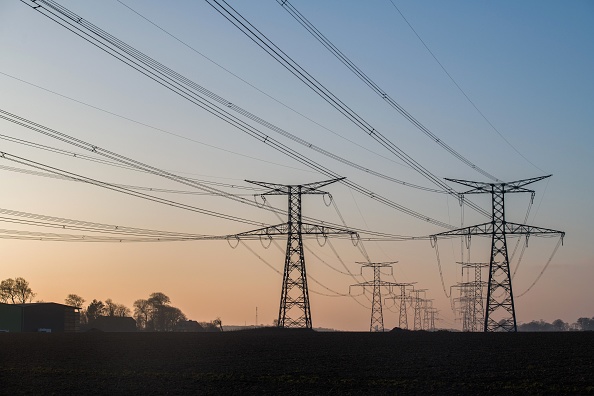Johnson eyes measures to help families deal with rising energy bills

Boris Johnson and Rishi Sunak are set to agree upon a package of measures this week designed to ease the burden of incoming energy bill hikes next month for low-income households.
The pair are expected to only target support for millions of low-wage workers, pensioners and unemployed people, with three existing schemes to be extended to help people cope with the cost of living crunch.
Energy regulator Ofgem will announce a rise in the energy price cap on 7 February, which is expected to increase average household energy bills from £1,300 a year to around £2,000.
The large increase in the price cap will come into place in April and is in response to surging global energy prices.
The Financial Times reports the Prime Minister and chancellor are looking to tweak three schemes to help low-income Brits – the annual £140 warm homes discount, the £300 winter fuel payment and the £25-a-week cold weather payment which is given when temperatures fall below zero degrees Celsius.
It is now expected the government will do a mixture of expanding the eligibility criteria for these schemes, so they can be given to more people, and increasing the payment levels.
There had previously been speculation that the Treasury could look to keep prices for consumers down by paying lump sums to energy firms to cover their costs, however this is now seen as unlikely.
A Treasury official told the FT that “it’s fair to say the aim is to ensure some targeted support”.
The increase in energy bills will come into place the same month the government increases National Insurance by 1.25 percentage points.
The Resolution Foundation think tank estimates these two events will lead to the average household being £1,200 worse off this year.
Labour is calling for a windfall tax on North Sea oil and gas to pay for a series of measures that would cut annual household energy bills by £600 per year for millions of low-wage Brtis and £200 for everyone else.
Shadow chancellor Rachel Reeves today wrote in The Guardian: “The government could provide that relief now. They could start insulating more homes and build more sustainable and secure energy supplies as Labour will do. But distraction and deceit seem worth far more of their time.”